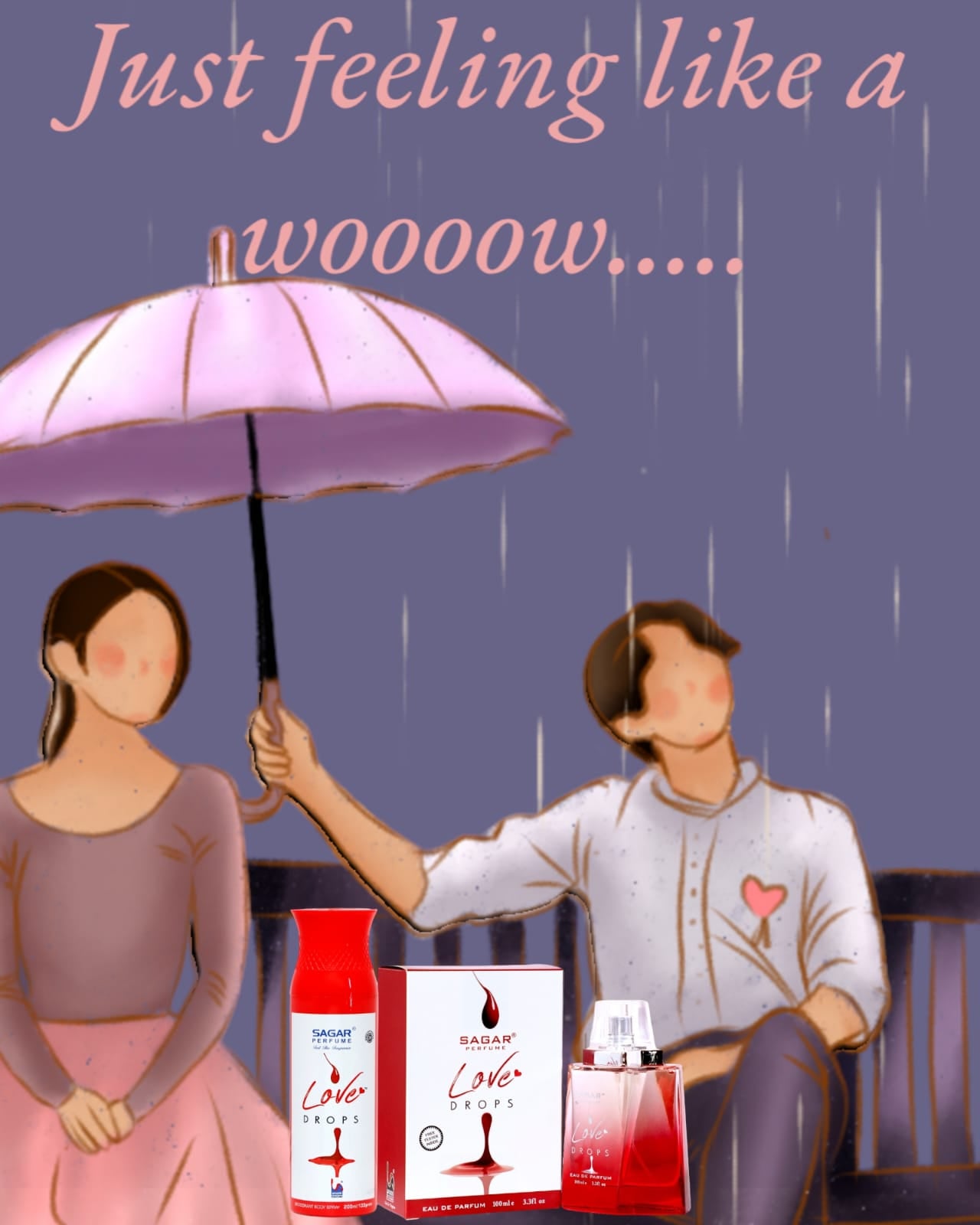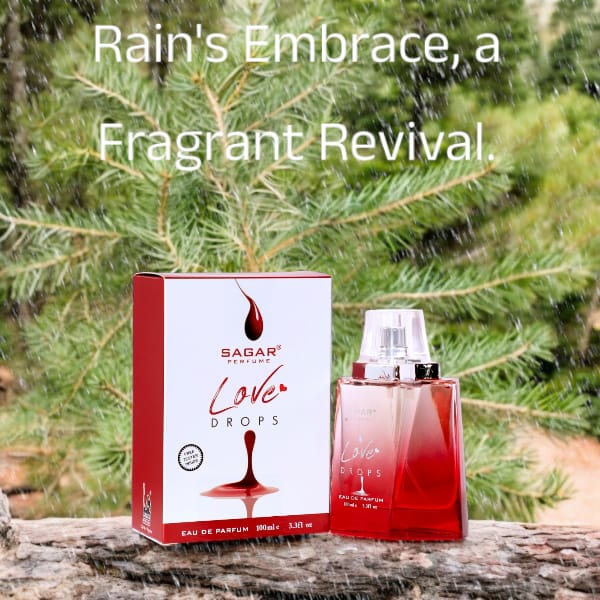
The Evolution of Perfumery: From Ancient Artifacts to Modern Masterpieces
Welcome, fragrance enthusiasts, to a journey through time and scent, as we embark on an exploration of the fascinating evolution of perfumery. Join me as we delve into the rich tapestry of history, uncovering the secrets of ancient aromas and tracing the path to the creation of modern masterpieces.
Ancient Origins: The Birth of Perfumery
Our journey begins in the ancient world, where the art of perfumery first took root. From the banks of the Nile to the shores of Mesopotamia, civilizations cultivated aromatic plants and herbs, harnessing their essence to create fragrant oils and balms. In Egypt, fragrances played a vital role in religious rituals and burial practices, with elaborate perfume formulas discovered in tombs dating back thousands of years.
The Middle Ages: A Fragrant Renaissance
As we journey through the Middle Ages, we witness the revival of perfumery in the Islamic world and its subsequent spread across Europe. Arabian alchemists refined the distillation process, unlocking the secrets of extracting essential oils from flowers and spices. Perfumes became symbols of wealth and status, coveted by nobility and royalty alike. In Europe, apothecaries and perfumers flourished, blending exotic ingredients to create bespoke fragrances for their discerning clientele.
The Renaissance: Perfumery as Art
The Renaissance heralded a golden age of perfumery, with master perfumers crafting intricate blends inspired by art, literature, and nature. Perfume bottles became objets d'art, adorned with intricate designs and precious gemstones. The courts of Europe were awash with the scent of roses, jasmine, and musk, as perfumers vied to create the most exquisite fragrances for kings and queens.
The Industrial Revolution: The Birth of Modern Perfumery
The Industrial Revolution brought about a seismic shift in the world of perfumery, as advances in chemistry and technology revolutionized fragrance production. Synthetic ingredients were introduced, expanding the perfumer's palette and allowing for the creation of new and innovative scents. Mass production made perfumes more accessible to the general public, transforming fragrance from a luxury reserved for the elite to an everyday indulgence for all.
The Modern Era: A Fragrant Tapestry
Today, perfumery continues to evolve, with master perfumers pushing the boundaries of creativity and innovation. From niche perfumeries crafting small-batch fragrances to global fragrance houses producing iconic scents, the world of perfumery is a vibrant tapestry of artistry and expression.
But amidst the ever-changing landscape of perfumery, one thing remains constant – the power of scent to evoke emotion, stir memories, and transport us to faraway lands. Whether it's the heady aroma of a blooming garden or the comforting embrace of a familiar fragrance, perfume has the ability to captivate the senses and enrich our lives in ways both profound and beautiful.
As we conclude our journey through the evolution of perfumery, let us pause to savor the fragrant symphony that surrounds us. For in the delicate balance of scent and sensation, we find a timeless artistry that transcends the ages and connects us to the essence of our humanity.
Ancient Origins: The Birth of Perfumery
Our journey begins in the ancient world, where the art of perfumery first took root. From the banks of the Nile to the shores of Mesopotamia, civilizations cultivated aromatic plants and herbs, harnessing their essence to create fragrant oils and balms. In Egypt, fragrances played a vital role in religious rituals and burial practices, with elaborate perfume formulas discovered in tombs dating back thousands of years.
The Middle Ages: A Fragrant Renaissance
As we journey through the Middle Ages, we witness the revival of perfumery in the Islamic world and its subsequent spread across Europe. Arabian alchemists refined the distillation process, unlocking the secrets of extracting essential oils from flowers and spices. Perfumes became symbols of wealth and status, coveted by nobility and royalty alike. In Europe, apothecaries and perfumers flourished, blending exotic ingredients to create bespoke fragrances for their discerning clientele.
The Renaissance: Perfumery as Art
The Renaissance heralded a golden age of perfumery, with master perfumers crafting intricate blends inspired by art, literature, and nature. Perfume bottles became objets d'art, adorned with intricate designs and precious gemstones. The courts of Europe were awash with the scent of roses, jasmine, and musk, as perfumers vied to create the most exquisite fragrances for kings and queens.
The Industrial Revolution: The Birth of Modern Perfumery
The Industrial Revolution brought about a seismic shift in the world of perfumery, as advances in chemistry and technology revolutionized fragrance production. Synthetic ingredients were introduced, expanding the perfumer's palette and allowing for the creation of new and innovative scents. Mass production made perfumes more accessible to the general public, transforming fragrance from a luxury reserved for the elite to an everyday indulgence for all.
The Modern Era: A Fragrant Tapestry
Today, perfumery continues to evolve, with master perfumers pushing the boundaries of creativity and innovation. From niche perfumeries crafting small-batch fragrances to global fragrance houses producing iconic scents, the world of perfumery is a vibrant tapestry of artistry and expression.
But amidst the ever-changing landscape of perfumery, one thing remains constant – the power of scent to evoke emotion, stir memories, and transport us to faraway lands. Whether it's the heady aroma of a blooming garden or the comforting embrace of a familiar fragrance, perfume has the ability to captivate the senses and enrich our lives in ways both profound and beautiful.
As we conclude our journey through the evolution of perfumery, let us pause to savor the fragrant symphony that surrounds us. For in the delicate balance of scent and sensation, we find a timeless artistry that transcends the ages and connects us to the essence of our humanity.


